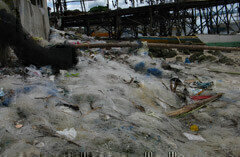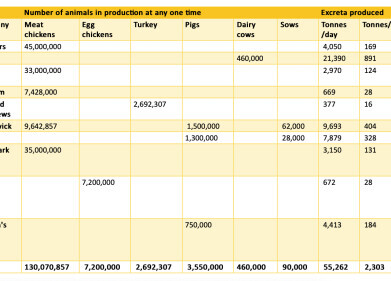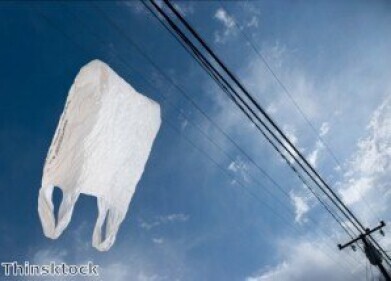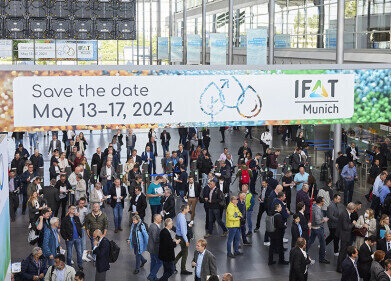Waste Management
Partnership Announced to Manage Wasted, Discarded Fishing Nets in Coastal Communities
Jun 11 2012
Global carpet tile manufacturer Interface (UK) is partnering with conservation charity the Zoological Society of London (ZSL) to tackle the growing problem of discarded fishing nets in some of the world’s poorest coastal communities. The Net-Works partnership, which launches with a pilot on Danajon Bank, the Philippines, is novel in its intention to address a major environmental issue in a way that will deliver social and commercial benefits. Its aim: to establish a community based supply chain for discarded nets that will improve the livelihood of local fishers, while providing Interface with an innovative source of recycled materials for its carpet tiles.
Fishing nets made from different types of nylon - often the same nylon used to make carpet yarn - are frequently discarded due to wear and tear and then replaced. In developing countries, artisanal fishers frequently leave their nets on beaches or in the sea where they can last for centuries, continuing to catch or injure marine life and pollute beaches. In Danajon Bank the problem is particularly acute, and it is estimated that the nets discarded in a year could cover the length of the Bank 400 times over. The fishers, however, are often living in extreme hardship and locked into declining fisheries with few opportunities to break the cycle of poverty and environmental degradation.
Following a scoping project earlier this year, Net-Works is embarking on a six-month pilot on Danajon Bank - a global centre of marine shore fish biodiversity but also one of the most degraded coral reefs in the world. The pilot will see Net-Works collaborate with local experts, fishing communities and conservation group Project Seahorse Foundation for Marine Conservation, with the aim of establishing a viable community-based supply chain for the discarded nets. Organised community groups will take on the collection, processing and transport of the nets in return for payment that will be used to fund livelihood development schemes.
Dr. Nick Hill from ZSL says, “We know that this business model will be challenging to implement but we hope to show the positive impact that can be achieved when specialists in business, conservation and development combine their skills. Our objective is to create a sustainable business model with environmental, social and commercial benefit that can be replicated in other areas of the Philippines and beyond.”
Events
May 05 2024 Seville, Spain
May 13 2024 Munich, Germany
May 23 2024 Beijing, China
May 23 2024 Beijing, China
Jun 10 2024 Algiers, Algeria













